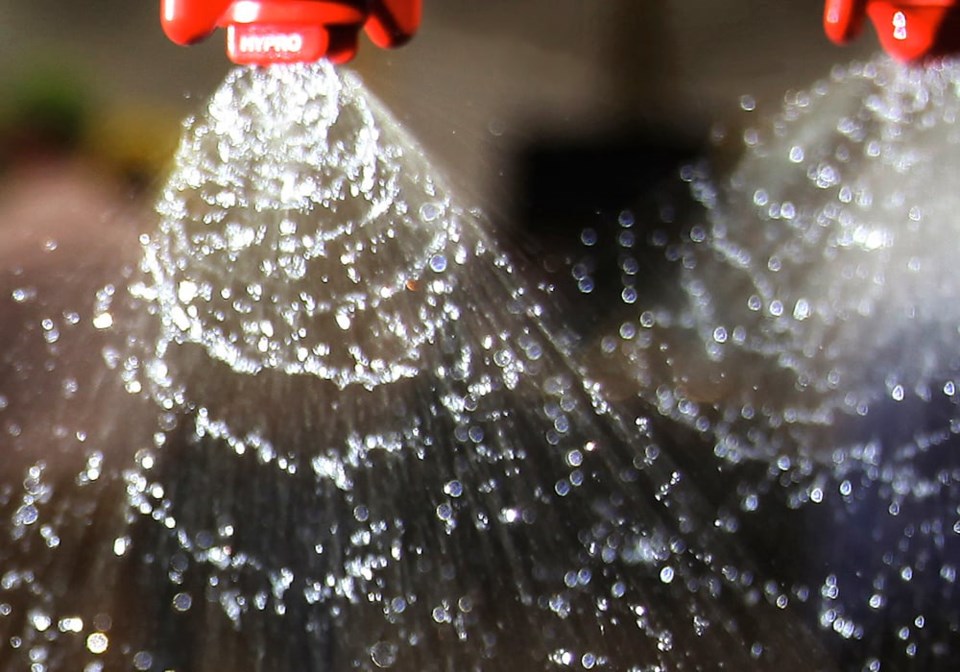Editor:
Thank you to Claire Gooding for her article on the effect of light on insects (Nature Notes: Light pollution impacts on insects, Optimist, Aug. 29).
As she pointed out, the use of insecticides is also a major contributing factor to the decline of insect species. We need to consider the effects of our everyday use of dangerous chemicals, which can be hazardous for wildlife, humans and our companion animals.
Take, for example, the rodenticides used in rat traps.
‘First generation anticoagulants’ while legal, are toxic, and extremely cruel. They cause slow painful deaths in rats and the predators who eat them as they slowly bleed to death internally.
The BC SPCA, OWL - (the Orphaned Wildlife Rehabilitation Society in South Delta), the Vancouver Humane Society and many other animal welfare organizations are opposed to the use of all rodenticides, even those that are legal, due to their cruelty and potential for toxicity to wildlife and the environment.
The City of Delta does not use rodenticides in Delta’s facilities, but instead uses more humane control methods, such as mechanical quick kill traps, building exterior checks and exclusion tactics to prevent rodents from entering the buildings. I urge homeowners to insist upon methods other than poison for rat control, methods which are readily available to pest control companies as alternatives to poison.
Human/wildlife conflicts do not need to cause animal suffering or harm to the environment. We have a choice.
Debra Probert



